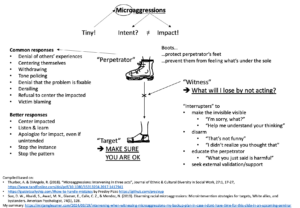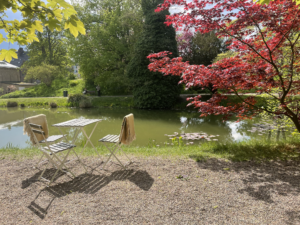
Reading Thoroughgood et al. (2024) on why bystanders should act
“When advantaged group employees courageously stand up for the rights of their colleagues with marginalized identities, research suggests that they communicate a powerful, public “message of value” to such individuals“,…




